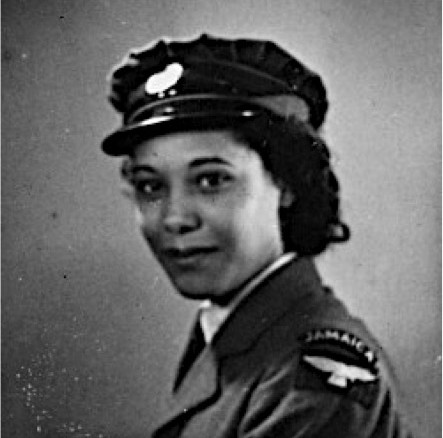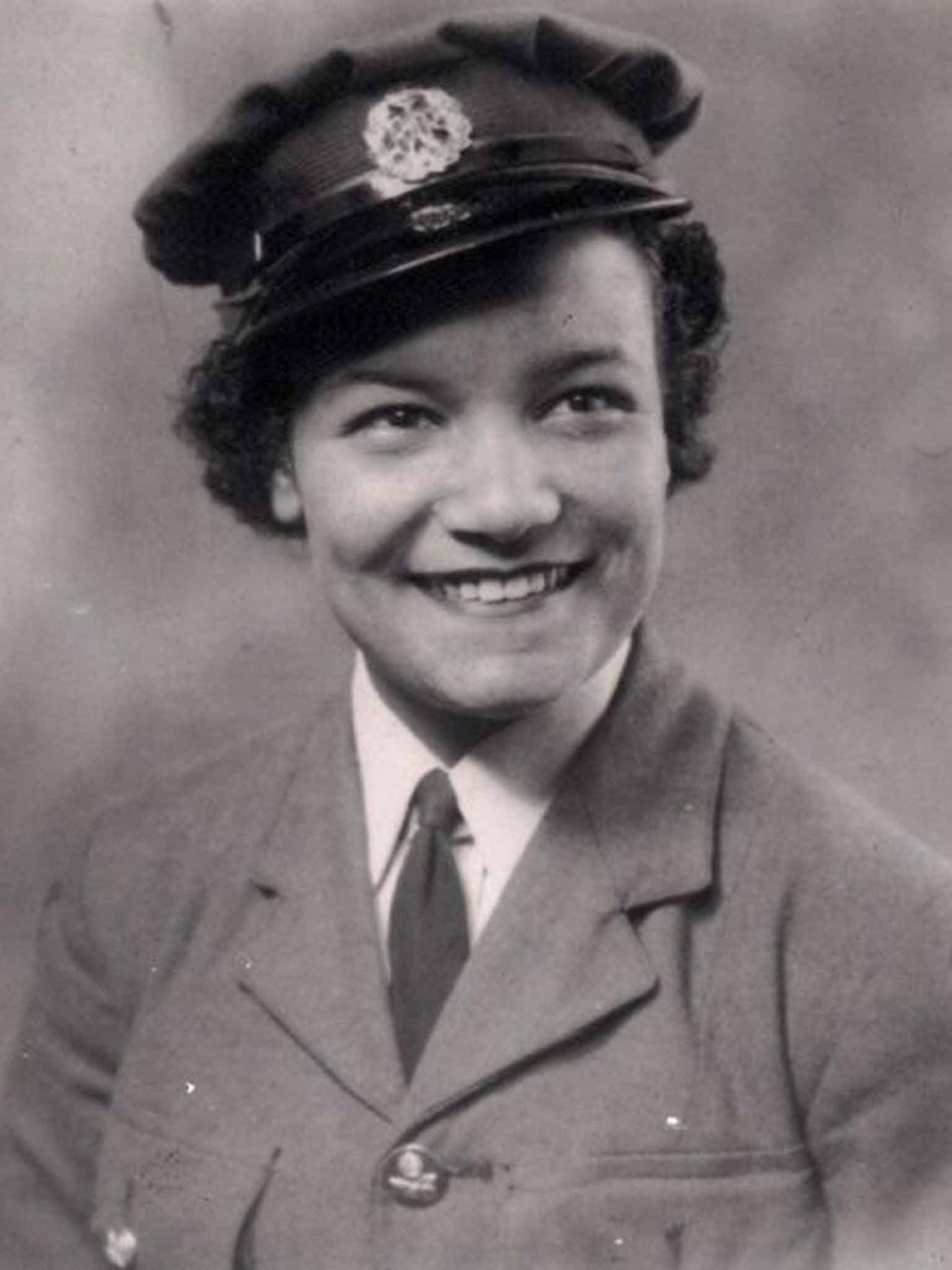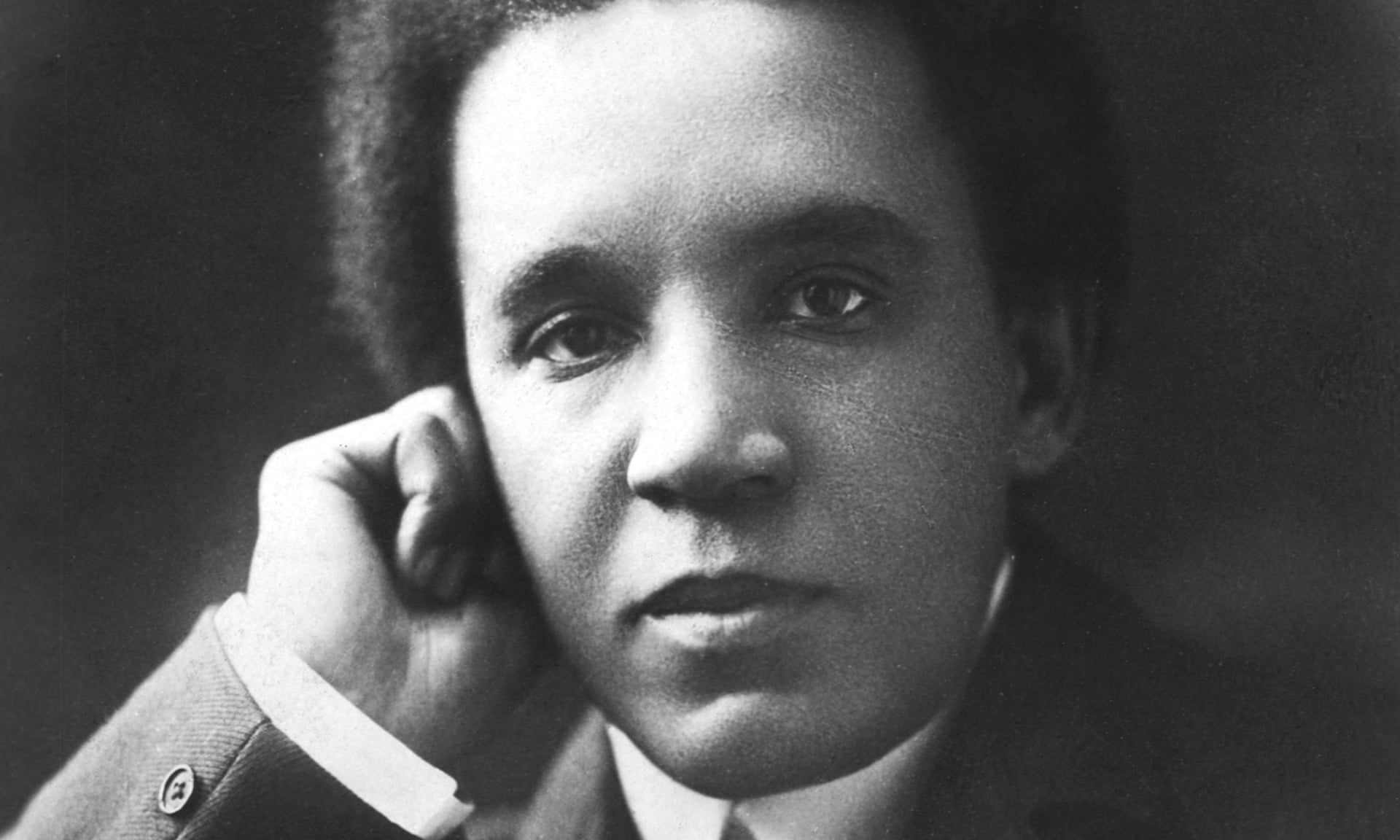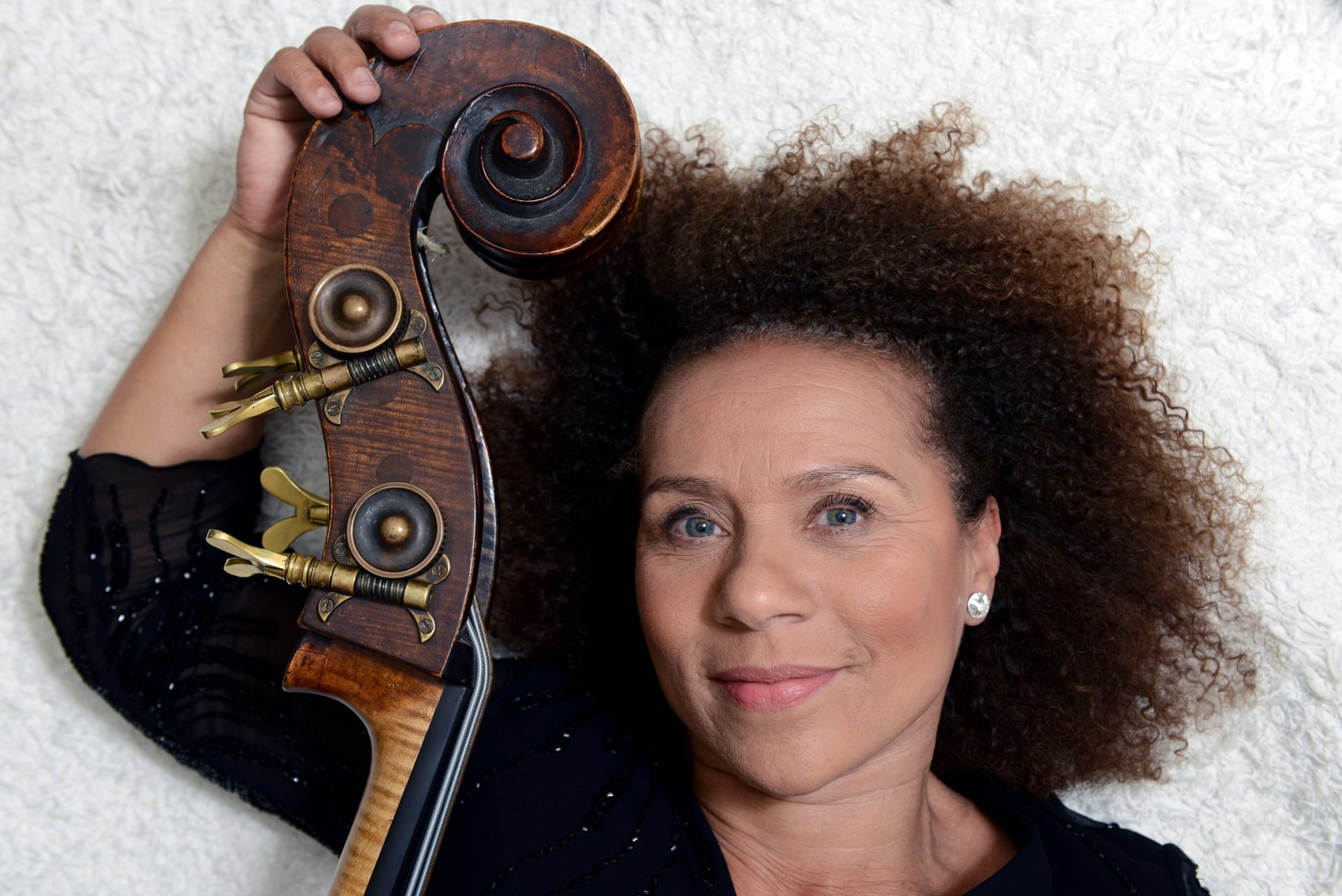Hanif Kureishi: ‘We’re all mixed-race now
The Independent
2011-10-23
James Kidd
Immigration, Islamism, multi-culturalism – as his new collected stories attests, the hottest topics of the day have long been the bedrock of Hanif Kureishi’s fiction. Just don’t get him started on the joys of ‘Big Brother’…
Hanif Kureishi is, by some accounts, a hard man to interview. In the days before our meeting, any number of people insist that the author of My Beautiful Laundrette, The Buddha of Suburbia and The Black Album is cantankerous, sarcastic and prone to lengthy lacunae in the middle of conversation. This portrait is corroborated by some of those closest to Kureishi: his sister and more than one ex-partner have complained of literary parasitism, that their lives have been exploited in the service of Kureishi’s art. It is a charge that he doesn’t exactly refute: “If [your writing] doesn’t upset your family, you must be doing it wrong.”
Perhaps the problem is that no one got him on to the subject of Celebrity Big Brother. This not only sparks his enthusiasm, it proves that Kureishi speaks like he writes – an entertaining mix of irreverent humour, personal revelation and social critique. So a relatively grave discussion about “the psychotic exhibitionism of our time” (or “the age of Jordan”) triggers a lengthy dissection of the recent reality series.
“My missus says Jordan chooses really nice men then destroys them. It seems a good way to pass the time. The cage-fighter [Alex Reid] is a nice bloke – thick, but nice. Unlike Vinnie [Jones]. He was quite hardcore – a naughty, tough daddy. I think Vinnie had an evil edge. People were afraid of him.”…
…What he does remember is the urgency to become a writer. Growing up in Bromley in the 1960s, surrounded by racist teachers, skinheads and the National Front, it was his means to self-expression and political empowerment. “Being a writer was a counter-force to people saying I was a half-caste, a Paki, a mongrel. It was a real thing in the world, an identity. I needed to call myself a writer back then because they were calling me a fucking Paki.” He pauses. “We are all mixed-race now – me, Obama, Tiger Woods, Lewis Hamilton.”
Kureishi says he was fortunate that the themes which distinguished his seminal works – race, immigration, Islam and multi-culturalism – have so profoundly defined 21st-century global culture. “You are lucky if you hit it for five years. I suddenly saw that the story of my father, a Muslim man coming to Britain, was not only his story, it was the story of the West. It was gold dust. No one else was writing about it, and people didn’t welcome it. ‘This is very good, Hanif, but do they have to be Indian in a cornershop?'”
Twenty years after The Buddha of Suburbia helped change the landscape of British fiction, and society, Kureishi continues to have plenty to say. He is certainly still politically engaged and enraged. “My dad’s family always thought that power rendered white people unsophisticated. Look at the stupidity of invading Iraq. Every Muslim would think that was hilarious stupidity. It has destroyed American power in the world. They aren’t going to invade anywhere else now. The Iranians aren’t afraid of them. The Koreans aren’t afraid. How stupid was that strategically, let alone morally? They have, as it were, shot their bolt.”…
Read the entire article here.






